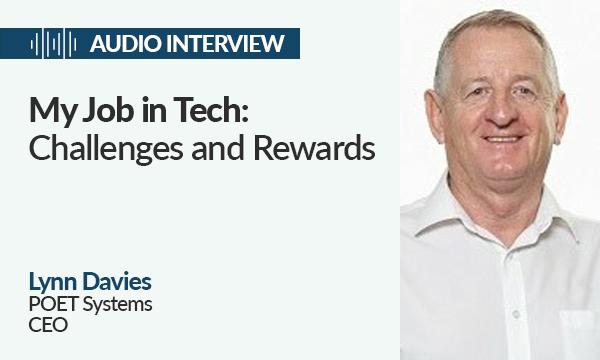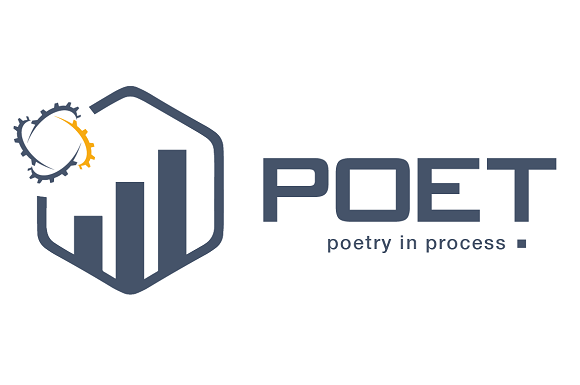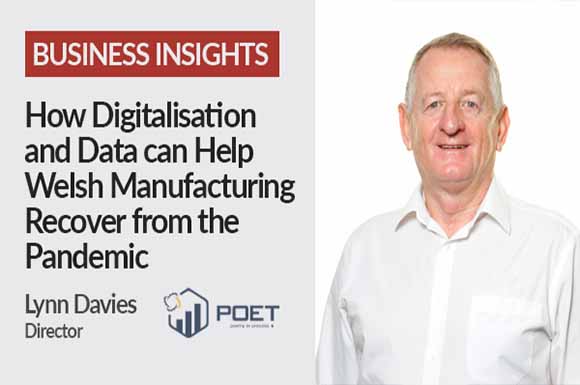
In every conversation I have with manufacturers across Wales, whether it’s a family-run firm that’s been in business for generations or a fast-scaling operation embracing advanced automation, the same theme keeps emerging: productivity.
It’s not just a buzzword. It’s become the pulse check for the sector. And increasingly, it’s the dividing line between those who can compete on the national and global stage, and those who risk falling behind.
Of course, productivity has always mattered in manufacturing. But in today’s landscape, the stakes are much higher. We are operating in an environment of tight margins, labour shortages, rising energy costs, and supply chain pressures that simply didn’t exist in the same way ten or even five years ago. At the same time, expectations around speed, responsiveness, and quality have increased. The days of relying purely on experience and gut instinct, valuable though those things are, are rapidly coming to an end.
The question now is not whether we should do things differently, but how quickly we’re willing to change.
I’ve spent the last decade working closely with manufacturing teams, and one thing I’ve come to understand is that the sector isn’t short on talent or commitment. What’s often missing is clarity. Not because people don’t care or aren’t trying hard enough, but because they’re working in systems that don’t give them the information they need, when they need it.
Reports take too long to compile. Downtime is tracked manually and inconsistently. Issues that could have been addressed days ago only come to light at the end of the month. These aren’t isolated problems, they’re common threads that run through too many production environments.
And yet, the solution isn’t always radical. Sometimes, it’s as simple as making better use of the data that already exists inside a business. Recently, during a workshop with a Welsh manufacturer, I posed a hypothetical question: what would happen if every manufacturer in Wales fully embraced a more data-driven approach to productivity? The answer was immediate and revealing: “We’d be more efficient. We wouldn’t go off on tangents. We’d get data quicker. People would expect to see data quicker. It would make us all a bit more driven.”
That idea of being “more driven” stuck with me. Because productivity isn’t just about machines running faster or squeezing extra output from the same process. It’s about focus.
It’s about helping people at every level of the business, from machine operators to production leads to board members, understand what’s really going on, what needs attention, and where the biggest opportunities lie.
There’s a cultural shift that happens when data becomes a natural part of daily life in a factory. Instead of people waiting for information to be handed down or translated from spreadsheets, they begin to expect real-time answers. They challenge assumptions more confidently. They ask better questions. And crucially, they begin to act faster.
At POET, we’ve developed tools designed to support that shift, but technology is only part of the picture. One of the more interesting conversations we’re having lately is around the role of AI, specifically how to introduce it responsibly and effectively in a production environment. We’ve built an AI assistant, Byron, into our platform, but we’ve been intentional in how it’s rolled out.
We’ve seen how a tool like Byron can be powerful in the hands of a continuous improvement lead or a maintenance manager who needs to understand patterns in downtime or performance. But we also understand the risk of overwhelming people with information they don’t yet have the tools or authority to act on. Imagine someone from the shop floor generating a slick AI report and handing it to the CEO during an annual visit. It might be well-intentioned, but without the right context, it could cause confusion or even mistrust. That’s why we focus on empowering the right people at the right level, those who can drive improvement and help cascade those insights across the business in a constructive, focused way.
All of this comes back to the bigger picture. If the manufacturing sector in Wales is serious about staying competitive, domestically and internationally, we need to take a hard look at how we define and measure success. That means moving beyond retrospective reporting and embracing real-time visibility. It means equipping people with tools that allow them to solve problems on the spot, not a week later. And it means fostering a culture where continuous improvement isn’t a buzzword, it’s a shared habit.
The future of manufacturing in Wales won’t be shaped by one piece of technology or one new process. It will be shaped by the collective decisions we make, both individually and as an industry, about how we utilise our time, data, and empower our people.
If we can get that right, the productivity gains won’t just show up in the bottom line. They’ll be felt in the confidence of our teams, the strength of our supply chains, and the resilience of our economy.






